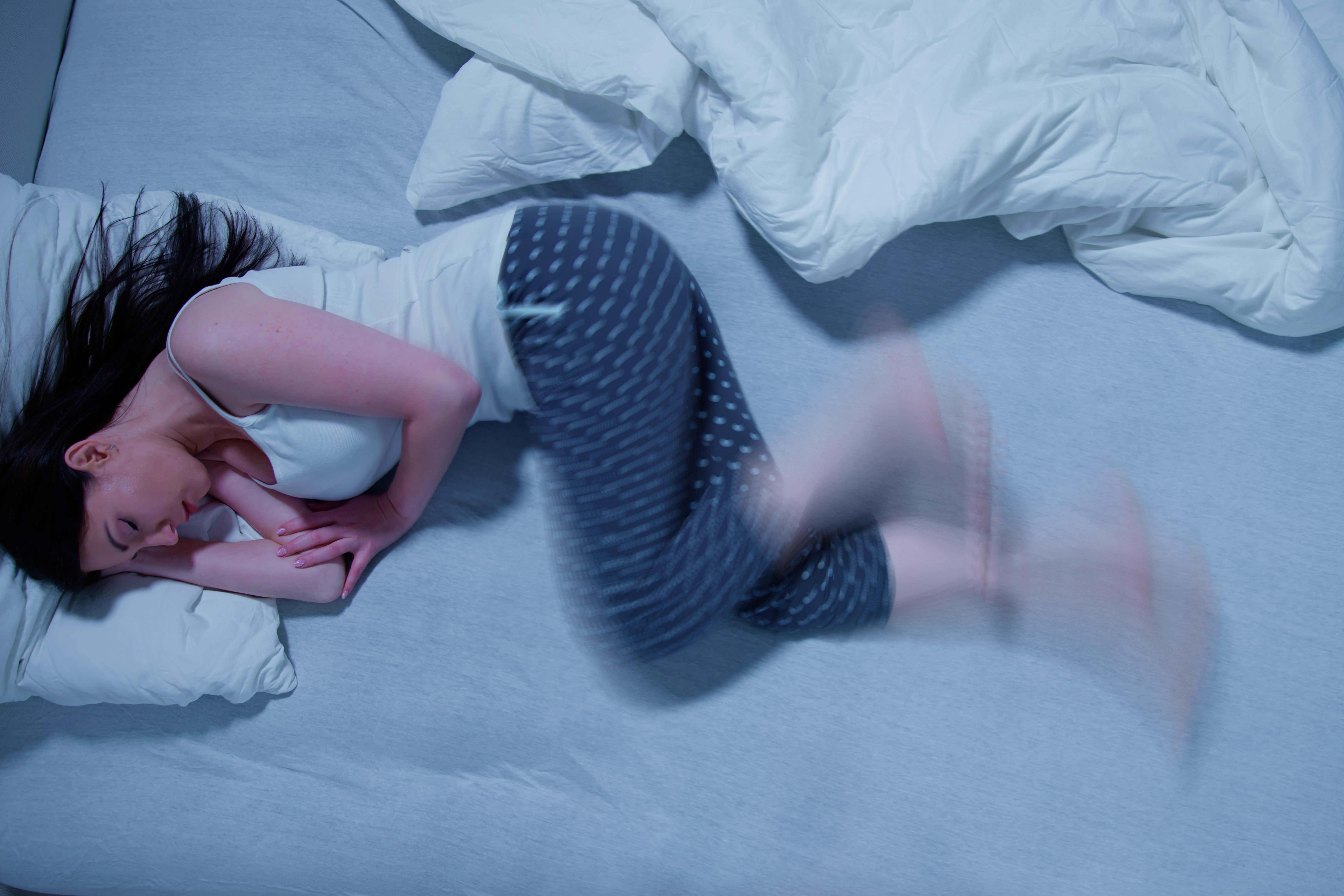Restless legs syndrome: Study offers hope to people suffering from crawling sensation
The condition can cause an unpleasant crawling sensation in the legs

Your support helps us to tell the story
From reproductive rights to climate change to Big Tech, The Independent is on the ground when the story is developing. Whether it's investigating the financials of Elon Musk's pro-Trump PAC or producing our latest documentary, 'The A Word', which shines a light on the American women fighting for reproductive rights, we know how important it is to parse out the facts from the messaging.
At such a critical moment in US history, we need reporters on the ground. Your donation allows us to keep sending journalists to speak to both sides of the story.
The Independent is trusted by Americans across the entire political spectrum. And unlike many other quality news outlets, we choose not to lock Americans out of our reporting and analysis with paywalls. We believe quality journalism should be available to everyone, paid for by those who can afford it.
Your support makes all the difference.New research offers hope for people with restless legs syndrome as scientists have made a discovery that could identify those at greatest risk and point to potential treatments.
The condition, which is common among older adults, can cause an unpleasant crawling sensation in the legs and an overwhelming urge to move them.
Symptoms are usually worse late in the day or at night time and can severely impair sleep, and while some people experience them every day, they may occur occasionally in others.
Experts suggest up to one in 10 older adults experience symptoms, and some 2% to 3% are severely affected and seek medical help, but little is known about what causes the syndrome.
The condition is not life threatening, but severe cases can disrupt sleep (causing insomnia) and trigger anxiety and depression.
In the new study, an international team led by researchers at the Helmholtz Munich Institute of Neurogenomics, Institute of Human Genetics of the Technical University of Munich (TUM) and the University of Cambridge, found genetic clues that point to the cause of the syndrome.
The researchers say it would be possible to use basic information like age, sex, and genetic markers to accurately rank who is more likely to have severe restless legs syndrome in nine out of 10 cases.
Co-author Dr Steven Bell, from the University of Cambridge, said: “This study is the largest of its kind into this common – but poorly understood – condition.
“By understanding the genetic basis of restless leg syndrome, we hope to find better ways to manage and treat it, potentially improving the lives of many millions of people affected worldwide.”
Professor Juliane Winkelmann, from TUM – one of senior authors of the study, said: “For the first time, we have achieved the ability to predict restless leg syndrome risk.
“It has been a long journey, but now we are empowered to not only treat but even prevent the onset of this condition in our patients.”
Previous studies had identified 22 genetic risk loci – regions of the genome that contain changes associated with increased risk of developing the condition.
In the new study, published in Nature Genetics, the team identified more than 140 new genetic risk loci.
They found no strong genetic differences between men and women, despite the condition being twice as common in women as it is in men.
This indicates a complex interaction of genetics and the environment (including hormones) may explain the gender differences we observe in real life, the researchers suggest.
Two of the genetic differences identified by the team involve genes which are important for nerve and brain function.
According to the scientists, these could potentially be targeted by existing anticonvulsants drugs, or used to develop new drugs.
Low levels of iron in the blood are thought to trigger restless legs syndrome, but the study did not find strong genetic links to iron metabolism.
However, the researchers say they cannot completely rule it out as a risk factor.
The study was funded in part by NHS Blood and Transplant England.